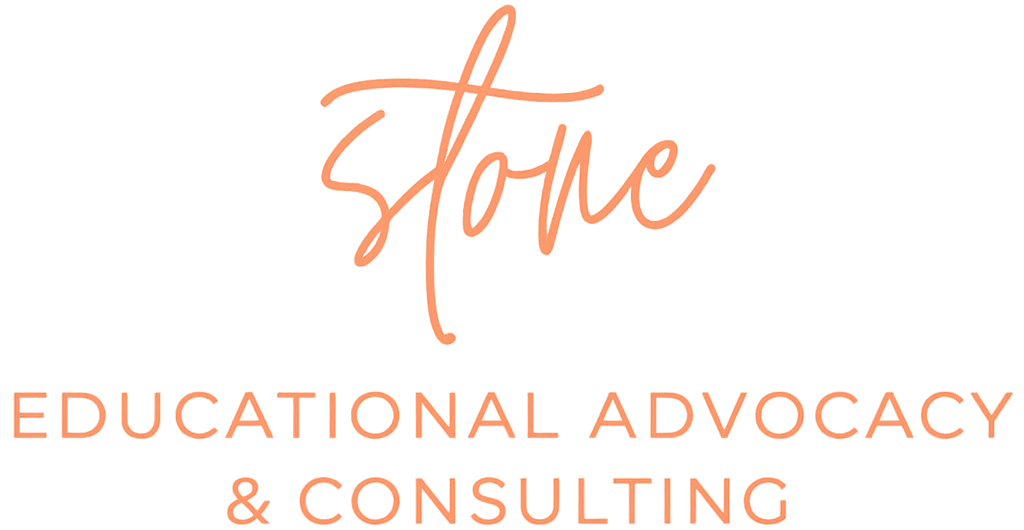The Special Education Journey Toward Independence: Empowering Students with Disabilities
Achieving independence is one of the most rewarding milestones for individuals with disabilities. While this path can present unique challenges, special education plays a pivotal role in empowering students to achieve self-sufficiency, develop crucial life skills, and thrive independently. Through tailored special education services, students with disabilities can receive the support and resources they need to succeed. With the right guidance, they can navigate their educational paths toward autonomy in their personal, academic, and social lives, making special education an essential component of their journey to independence.
The Foundation: Early Support and Services
Every special education journey begins with a foundation of tailored support. Special education services are designed to meet the individual needs of students with disabilities, helping them access the curriculum throughout their schooling and educational opportunities that may otherwise be challenging. This individualized approach is crucial to building confidence, fostering self-reliance, and preparing students for the future.
Early intervention is especially important, as it can provide crucial support in the early stages of development, helping students build skills that will benefit them throughout their lives. At school, students with disabilities receive an Individualized Education Programs (IEP) that outlines their goals, accommodations, and services. These plans ensure that the specific challenges and needs a student faces are addressed and that they have the necessary resources to succeed.
Helpful Links for Early Intervention in Arizona:
Arizona Department of Economic Security
Developing Independence Through Life Skills Training
A critical aspect of the special education journey toward independence is the development of life skills. Life skills encompass a wide range of practical abilities, from managing daily tasks such as cooking and personal hygiene to navigating public transportation or handling finances. These skills help students gain confidence in their abilities and prepare them to live independently as adults.
Special education programs focus not only on academic achievement but also on teaching these essential life skills. Whether through specialized programs or tailored classroom activities, students learn how to manage their time, communicate effectively, and solve problems—skills that are invaluable in their journey toward independence.
Transitioning to Adulthood: A Focus on Post-Secondary Success
As students with disabilities move into their high school years, the focus begins to shift toward post-secondary success and preparing them for life beyond school. Transition planning becomes an essential part of the IEP process, focusing on post-graduation goals such as employment, further education, or independent living.
During this phase, students work on practical skills that will help them in the adult world. This could include job training, vocational programs, internships, or community involvement. These opportunities not only build valuable skills but also give students the confidence to envision themselves as successful, independent adults.
Additionally, schools work closely with families and outside agencies to provide guidance on accessing adult services and support networks. This phase is key in ensuring that students have the resources they need as they transition to life after school, helping them achieve their long-term goals for independence.
Helpful Links:
Helping Your Special Needs Child Transition to Adulthood
Arizona Department of Education – FAQs: Transition
The Power of Inclusion and Community Support
Independence doesn’t happen in a vacuum. It’s important for students with disabilities to feel supported by their communities—whether that’s in the classroom, at home, or within society as a whole. Inclusive education, where students with disabilities learn alongside their peers, plays a crucial role in developing a sense of belonging and self-worth. These experiences foster positive relationships and the skills needed to engage with the wider community.
Parents, teachers, community members, and advocates all have an important role in creating an inclusive and supportive environment. When students feel valued and understood, they are more likely to reach their full potential and gain the confidence necessary to become independent individuals.
The Role of Special Education Advocates
Navigating the special education system can be complex, and that’s where special education advocates can help. These professionals guide families and students through the process of obtaining the services, resources, and accommodations needed to succeed. They play a crucial role in ensuring that students receive the appropriate support, from academic assistance to social and emotional guidance.
Advocates are often crucial in helping families understand their rights and the services available to them. They can assist with the development of IEPs, ensuring that they reflect the student’s strengths and needs, and they often work to make sure that schools are adhering to legal requirements for special education.
For many families, an advocate’s expertise can make a significant difference in the outcomes of a student’s education. By helping to secure appropriate resources, an advocate ensures that students with disabilities have the tools they need to become self-sufficient and confident individuals.
Stone Educational Advocacy & Consulting is here to help your family!
